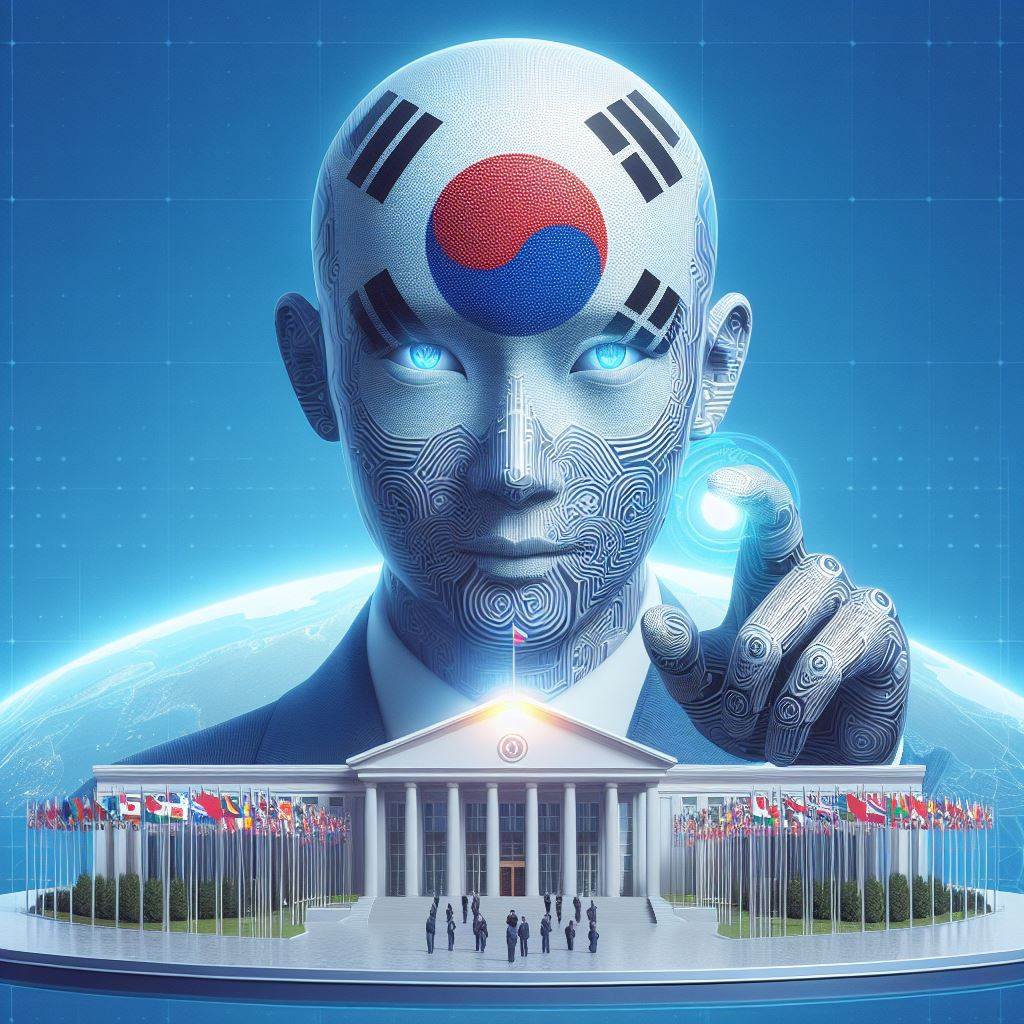
South Korea's Minister of Science and Information Technology emphasized the necessity of global collaboration for the successful advancement of artificial intelligence (AI) as his country concluded a summit on the rapidly evolving technology.
The AI summit in Seoul, held in partnership with Britain, addressed concerns including job security, copyright issues, and inequality. A day prior, 16 tech companies committed to developing AI safely through a voluntary agreement.
On Wednesday, 14 companies, including Google, Microsoft, and OpenAI, alongside six Korean firms, pledged to implement measures such as watermarking to identify AI-generated content. They also vowed to prioritize job creation and assistance for socially vulnerable groups.
Minister Lee Jong-Ho stressed the importance of cooperation, labeling it a necessity rather than an option. He highlighted the summit's focus on AI safety, innovation, and inclusivity, expressing expectations for increased collaboration on AI safety institutes in future summits.
The inaugural global AI summit occurred in Britain in November, with France set to host the next in-person gathering, likely in 2025. Discussions among ministers and officials from various countries on Wednesday centered on cooperation between state-backed AI safety institutes to regulate the technology effectively.
While AI experts commended initial steps toward regulation, some stressed the need for enforceable rules. Francine Bennett, Director at the AI-focused Ada Lovelace Institute, advocated for government-led regulation, emphasizing the importance of obligatory safety standards before AI services reach the market.
Max Tegmark, President of the Future of Life Institute, echoed the sentiment, emphasizing the necessity for companies to prioritize safety standards to prevent potential harm and public backlash.
Minister Lee acknowledged the challenge of aligning laws with the rapid advancement of AI technologies. He advocated for flexible regulations to ensure safe public use, underscoring the importance of adapting laws to meet evolving technological landscapes.